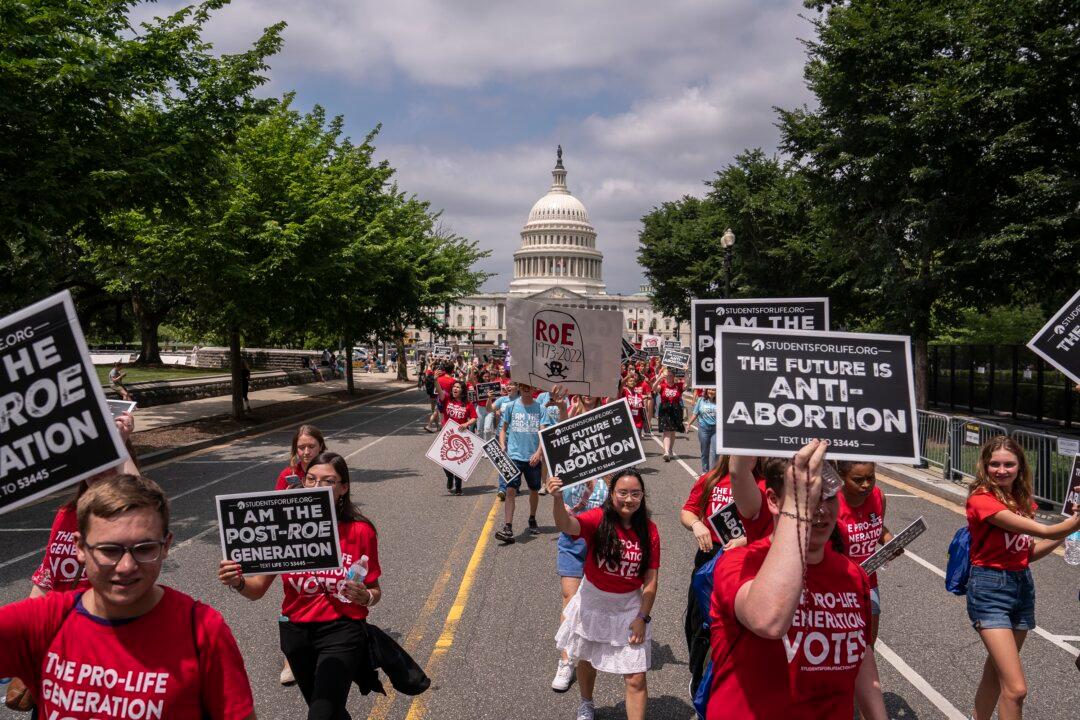Commentary
June 24 marks one year since the Supreme Court ruled in Dobbs v. Jackson Women’s Health Organization that states have the right to protect the lives of their unborn citizens. In the year since that tremendous victory, we’ve seen real, measurable progress toward creating a true culture of life—and we have also seen just how much work we have left to do.

